We talked to Sherri Shepherd, talk show host, actress, comedian, and podcaster. When she was diagnosed with type 2 diabetes, she decided to take her health seriously. Sherri changed her eating habits and started working out, and she wanted to understand her risk factors for other diseases. She sat down with us to discuss why she needed to team up with Pfizer to raise awareness for the “This is Your Shot” campaign on the risk factors of pneumococcal pneumonia.
Check out her special message.
[Full Transcript]
0:00
Hi, everybody.
0:01
Today I have the opportunity to talk to Sherri Shepherd, talk show host, comedian, actress, podcaster, and we’re talking today about her journey as Type 2 diabetic and her partnership with Pfizer in the This is Your Shot campaign, which is to raise awareness on the risk factors on pneumococcal pneumonia.
0:30
So stay tuned as we have a brief discussion on her journey as a type 2 diabetic, how she’s taken charge of her health, and why she partnered with Pfizer on this campaign.
0:44
Because she’s a type 2 diabetic, she has increased risk factors for contracting pneumococcal pneumonia, and she’ll tell us about that.
1:09
So Sherri, this is an exciting time for you and your career.
1:12
You’re gearing up for season three of your award-winning talk show.
1:19
You and Kim Whitley are keeping us laughing with two funny Mamas.
1:24
You’re touring with your stand up, you’re acting, and you’re still Jeffrey’s Mama.
1:30
Even though he’s grown.
1:31
Grown.
1:32
He thinks he’s grown.
1:33
When do you sleep?
1:34
Yes, I don’t.
1:37
I don’t sleep, but I keep reading.
1:41
I keep reading that I need sleep.
1:43
So I try to build it in and and don’t let, hey, a nap is very, very underrated, but I’m into naps.
1:51
Naps are good.
1:51
Naps are good.
1:52
But seriously, sleep is important, especially when you have a health condition like diabetes, like type 2 diabetes.
1:59
So, I see how you stepped up your health and fitness regimen, right?
2:03
I’ve been watching your Instagram, especially since you started your talk show and I see you in the gym. I opt. I’ve been watching your Instagram, especially since you started just talking, your talk show, and you moved back to New York.
2:15
Yeah, walk.
2:17
Since you moved back to New York, NY, what other adjustments have you made since you optimized your health when you were diagnosed with type 2 diabetes?
2:30
Well, I’ve really been working on being fit and eating better, really, really eating better because so much, you know, how you feel is what you put inside of you.
2:43
So definitely the eating better.
2:46
Again, looking at my health, there are things that I can prevent, which is why I partnered with Pfizer because I learned that being diabetic, I’m at a five times higher risk of getting pneumococcal pneumonia.
2:59
That scared me, so I went and got vaccinated.
3:03
And you know, that’s another thing, just like looking after my health. That’s myself here, right?
3:10
That’s that’s a really important, that’s a really important point.
3:13
So being being proactive with your health really, really, really important.
3:19
So, what do you think was the biggest obstacle you overcame when you started thinking about being in better health?
3:28
Because it’s not an easy journey.
3:31
So the biggest obstacle I had to overcome was I think it was discipline, you know, because I’m a stressor.
3:42
So anything, anything happens.
3:43
I want something fried.
3:45
I want something chocolatey that melts in your mouth.
3:47
It’s gonna make me zoom out.
3:50
And that was a that was a very hard thing for me.
3:52
I mean, off addition to sugar and and you know, fried foods and stuff that was not good for me.
3:59
But you know, I had to do a lot of self talk and think about what I wanted for my future.
4:04
I just think about what I wanted for my son.
4:06
And again, like I was saying, I when I learned about the fact that because I had diabetes, I was at risk for pneumococcal pneumonia and that I could be in the hospital, I could even possibly die, that really, you know, made me sit up straight.
4:24
So what?
4:25
Let’s talk about this partnership with Pfizer for a minute.
4:28
So why would tell us why, you know, it’s the, the, the risks are high, but was especially a critical talk to talk to me about being a diabetic and, and knowing the risks and talking to other diabetics about understanding, you know, what it means to be a diabetic and understanding living as a diabetic and how you have to know your risks for other things.
5:08
I think, you know, being diabetic, I think a lot of people thinks, think that it’s just, you know, diet and exercise.
5:16
But when you’re a diabetic, like I’m a type 2 diabetic, I’ve been at .2 diabetes since probably 2007.
5:24
Your body’s just vulnerable to so many more things, you know, and I think a lot of people don’t realize that.
5:31
They don’t realize we’re susceptible to many things like a pneumococcal pneumonia.
5:38
I didn’t know that, you know, I thought, oh, I’m, I’m working out at the gym and I’m eating, right.
5:43
But the fact of the matter is, is I have diabetes, which my immune system is compromised all the time.
5:50
And I think a lot of people who have diabetes, they don’t know that.
5:53
And so I’m really, anybody who knows me knows and I am so passionate about health and living a successful life with diabetes.
6:03
And when I found this out that I’m at a five times higher risk of getting pneumococcal pneumonia than anybody else.
6:09
When I found out that the people from the ages of 19 to 64 are susceptible to pneumococcal pneumonia if they have asthma or COPD or diabetes and that you can prevent it or, you know, you can take a preventative measure by getting vaccinated, I was like, you know what, I gotta let people know this cause a lot of people we just don’t know.
6:33
So if somebody somebody has is at risk for pneumococcal pneumonia, what do they need to do?
6:41
They need to talk to their pharmacist or their doctor about getting vaccinated and they can go to vaxassist.com and it’s VAX assist.com.
6:52
It’s really, really, I think people don’t realize what a serious issue it is.
6:56
Sometimes we think, oh, we get sick, you know, we just take our little, you know, that, you know, a cold and cough medicine and we’re fine.
7:02
But no, when you’re diabetic, you have underlying conditions like diabetes or asthma or COPD.
7:08
It’s much more serious if you get pneumococcal pneumonia because it’s a, it’s a bacterial lung infection, which means it literally can put you in the hospital.
7:19
You could die from this.
7:20
And when I talk to people having diabetes, it’s like we got a family.
7:25
You got people who are depending on you, you have children, you have your partner.
7:29
So it’s so serious.
7:30
And I really, really encourage everyone to talk to their doctor, talk to their pharmacist, go to vaxassist.com to find out more about getting vaccinated and taking a preventative measure so that you can, because it’ll get you anytime, any season, any day.
7:47
It’s not something that just comes for a month.
7:50
You don’t know when you can catch this.
7:52
So if you know better, what is that saying?
7:54
If you know better, you can do better?
7:57
Exactly, Exactly.
7:59
And I think that also we know more about having type 2 diabetes and that we should take it more seriously, right?
8:08
So you have lost family members to type 2 diabetes and you have changed the narrative in your family.
8:17
So how let’s encourage other people to change the narrative And there’s What would you suggest to people who want to do the same?
8:27
You know, I think that we lead the way.
8:29
We’re so amazing.
8:29
We lead the way of so many things.
8:31
Everybody wants to be like us, you know, and I think that we’re falling behind and getting this vaccination so that we can prevent pneumococcal pneumonia.
8:41
And I would just encourage everyone to, you know, really take it seriously.
8:45
Diabetes, we so used to calling it the sugar, and that’s a cute term, but it’s not, it’s not at all accurate.
8:51
It is something that if we don’t take care of our diabetes, we don’t learn to manage it.
8:56
We don’t take the preventive measures.
8:58
This is something that could really take us out as it has done many members in my family.
9:04
And I don’t believe that our life is supposed to be cut short that way.
9:07
So I would just encourage people go to your doctor, go to your pharmacy pharmacist and ask them about getting that vaccine for getting vaccinated for pneumococcal pneumonia.
9:20
Because again, like I said, if you have underlying conditions like COPD, like asthma, like diabetes, diabetics were five times a higher risk than everybody else.
9:32
That’s a lot.
9:33
And you got a big wide age age group, 19 to 64.
9:39
So that would affect everybody.
9:41
That’s not, this is not a old people’s disease, 19 years old.
9:45
My son Jeffrey is 19.
9:48
So I just would urge everybody call up your doctor, call up your pharmacist and ask them about getting vaccinated against pneumococcal pneumonia.
9:58
Take the take the preventive measures so at least you can feel comfortable and confident about living day-to-day and knowing, OK, I’ve done something.
10:08
I feel good.
10:08
Well, thank you, Sherry.
10:11
Thank you.
10:11
I really appreciate your time.
10:14
Thank you for doing fight in a good fight and be and be an example of what you’re supposed to do when you have type 2 diabetes.
10:23
Because if if we see more of this, we know what to do.
10:29
Yeah, I want people to know diabetes is not a death sentence because if we’re doing things that where we can prevent things for happening to us because we’re in a vulnerable position, you’ll feel so much better.
10:41
You’ll feel so much more confident and you will feel like you can take life by the what does that say?
10:45
Life by the horns and and live.
10:48
But we want to live.
10:49
We want to do, you know, so that’s why I’m so I’m so like gung ho about telling people to, you know, talk to the pharmacist, talk to the doctor about getting vaccinated.
10:59
So that’s one less thing you got to worry about on that road to moving forward.
11:05
Exactly.
11:07
Now Sherry can do it.
11:08
We can do it y’all.
11:11
Absolutely.
11:13
Thank you, Sherry, thank you so much.
11:17
Have a great day.


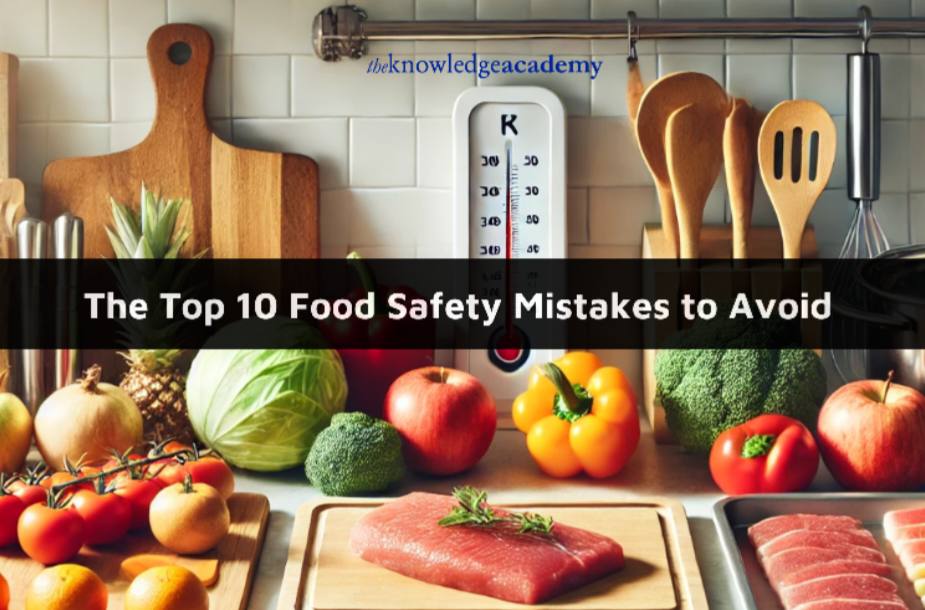


![Healthy Peanut Butter and Jelly Protein Donuts [gluten-free + no added sugar]](https://i0.wp.com/healthyhelperkaila.com/wp-content/uploads/2024/11/a-photo-of-a-batch-of-healthy-homemade-peanut-butt-FMRE8F5XTc-BP3l3q4rr2A-UNo_xuwAQTOkOWcC5tp1Ag-copy.png?fit=859%2C858&ssl=1)



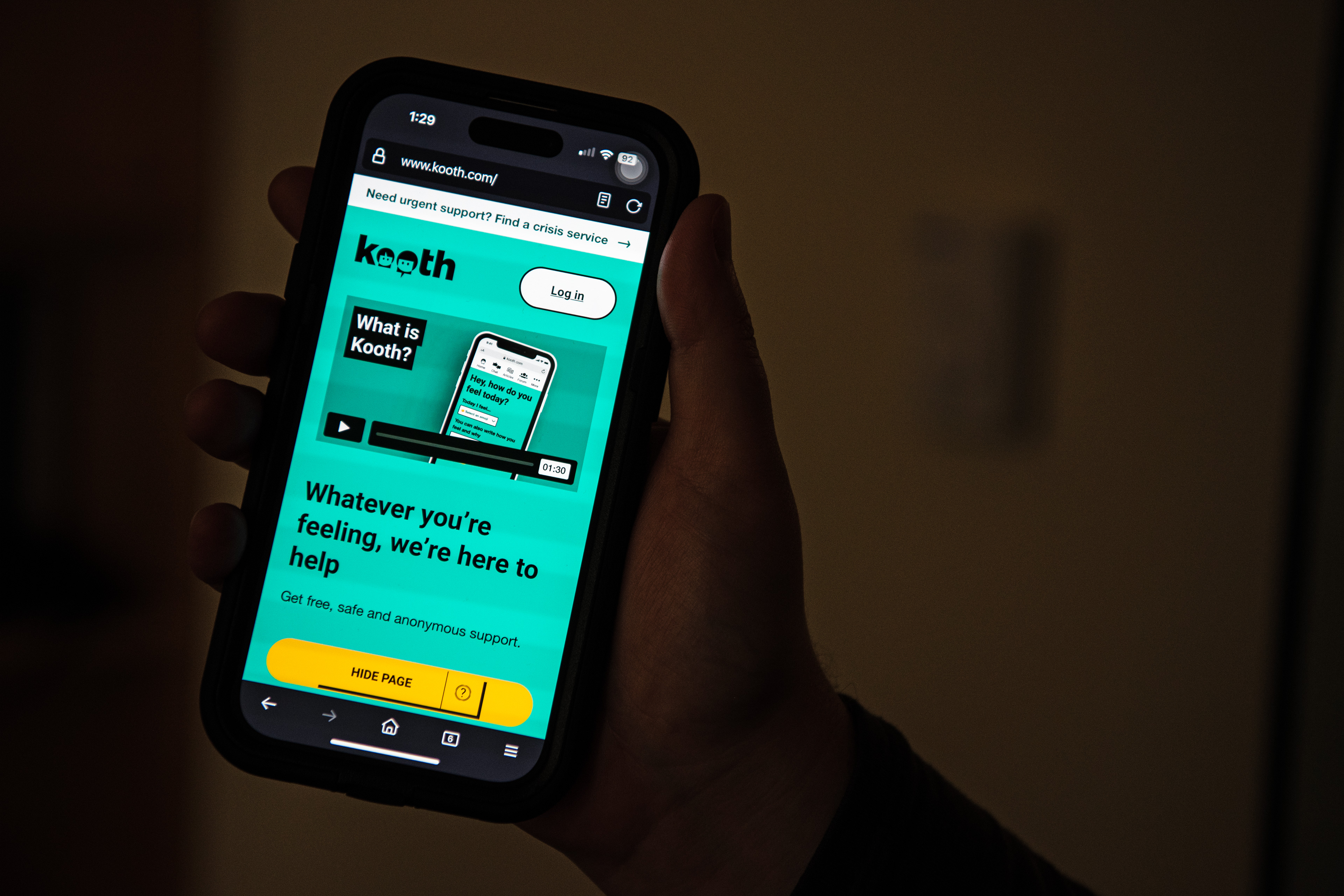


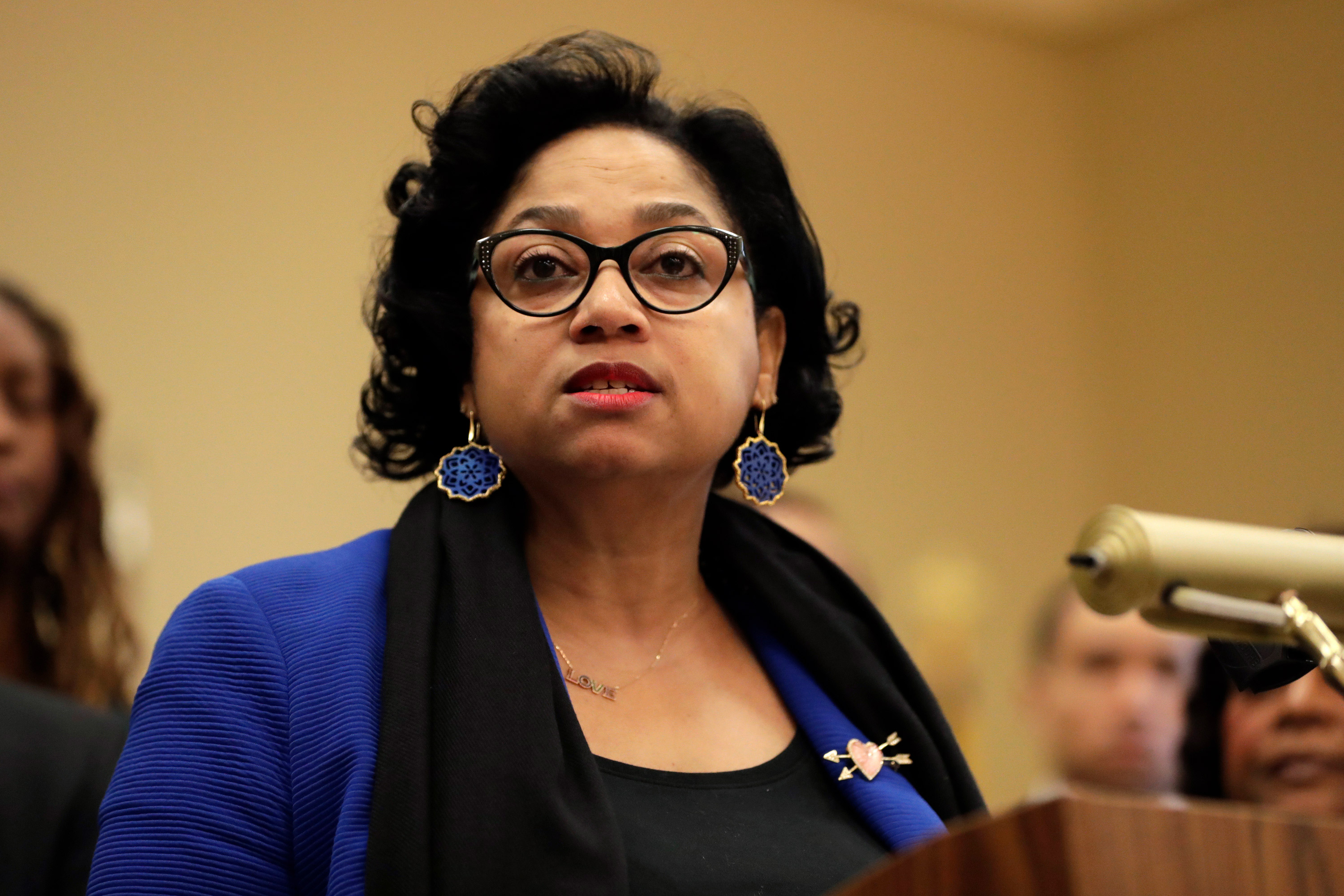

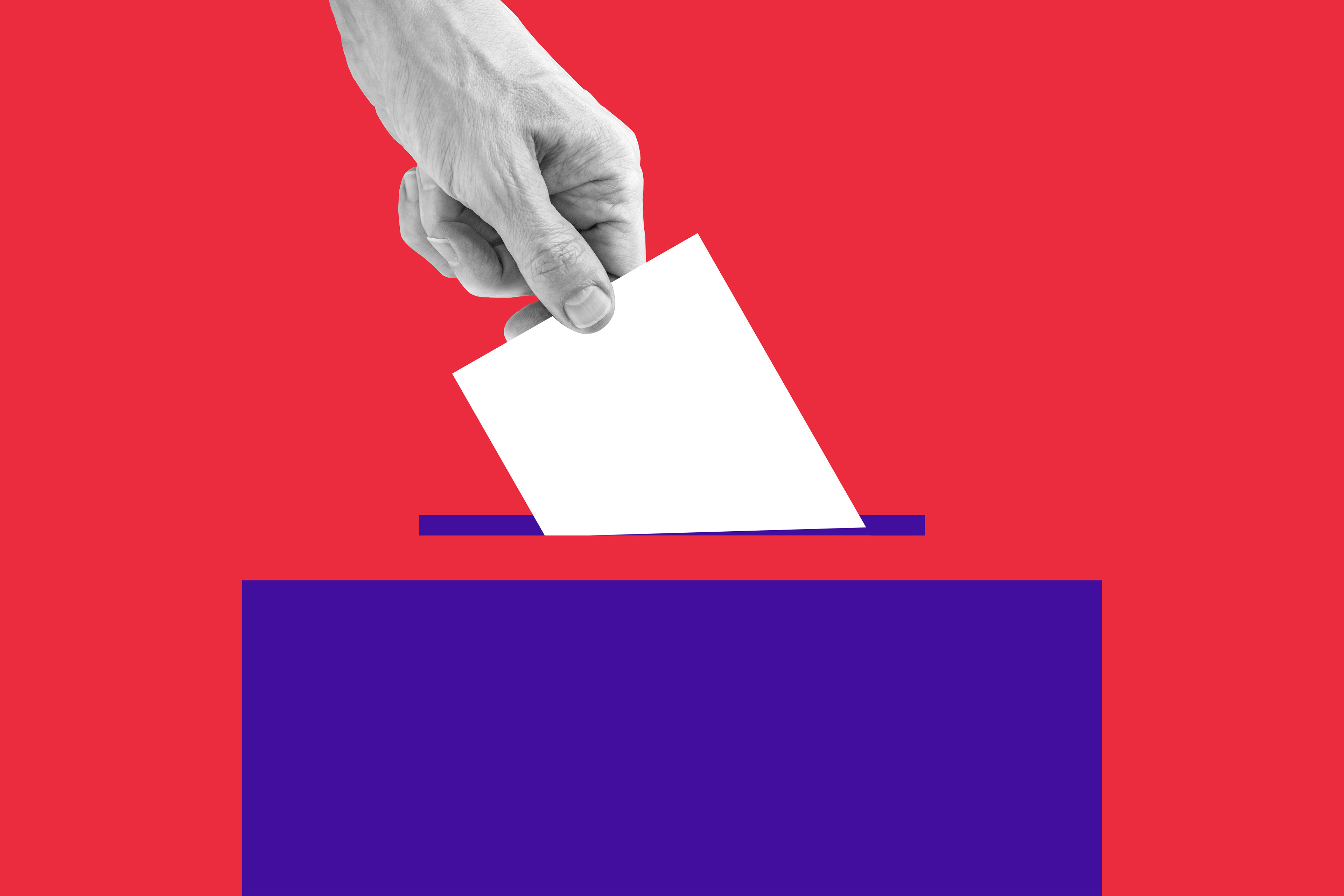
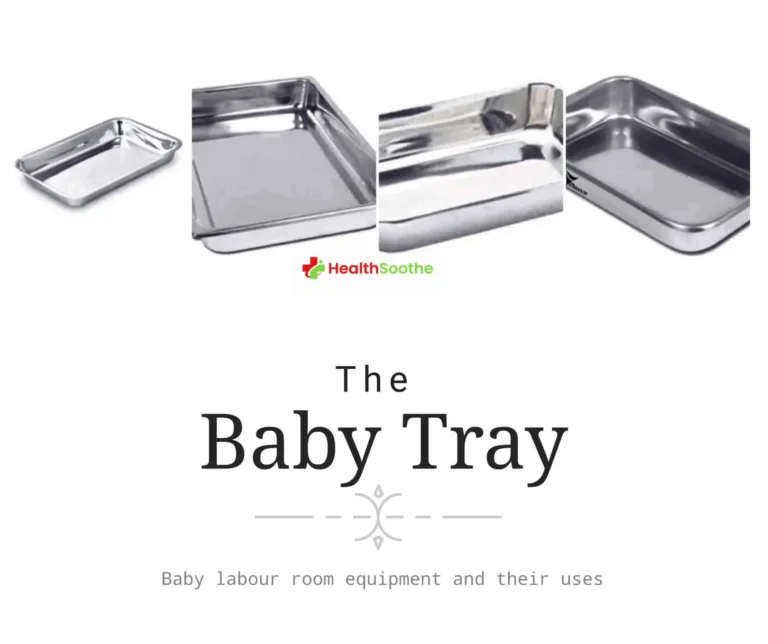
 English (US) ·
English (US) ·